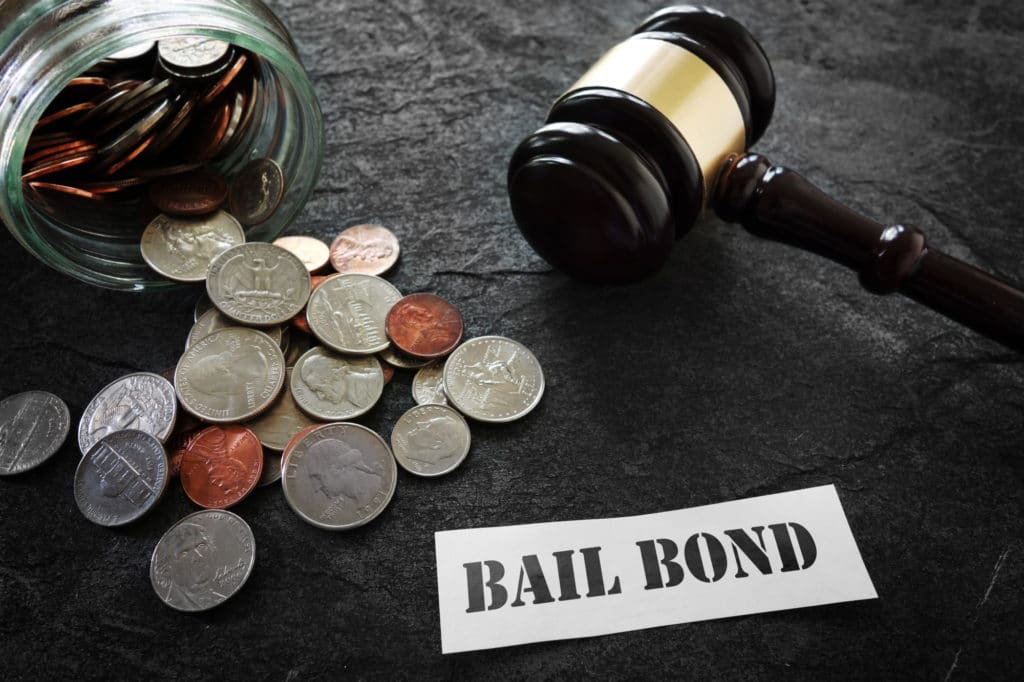
The legal system can be a complex and intimidating realm, especially for individuals facing criminal charges. One crucial element within this system is the concept of bail and the use of bail bonds. Understanding how bail bonds function and their role in the legal process is essential for anyone navigating the criminal justice system. This article provides an in-depth look at bail bonds, their importance, and what you need to know about them.
What is a Bail Bond?
A bail bond is a financial guarantee provided by a bail bondsman, which allows a defendant to be released from jail while awaiting trial. The purpose of a bail bond is to ensure that the defendant will return to court for their scheduled hearings. When a defendant is arrested, a judge will set a bail amount based on the severity of the charges, the defendant’s criminal history, and other relevant factors. If the defendant cannot afford the full bail amount, they can seek the assistance of a bail bondsman.
How Bail Bonds Work
- Bail Amount Determination: After an arrest, a judge sets a bail amount based on several factors, including the seriousness of the crime, the defendant’s flight risk, and their criminal history.
- Securing a Bail Bond: If the defendant cannot afford the bail amount, they can contact a bail bondsman. The bail bondsman will typically charge a non-refundable fee, usually a percentage of the total bail amount, in exchange for providing the bond. This fee is the cost of using the bail bondsman’s services and is not returned even if the defendant attends all court proceedings.
- Posting the Bond: The bail bondsman will then post the bail with the court, allowing the defendant to be released from custody. The bondsman takes on the financial risk of the bail amount and will have a vested interest in ensuring the defendant appears in court.
- Defendant’s Obligations: The defendant must comply with all court orders and attend all required hearings. Failure to do so can result in the bail bond being forfeited and additional legal consequences.
The Importance of Bail Bonds
Ensuring Court Appearance
One of the primary functions of bail bonds is to guarantee that defendants will appear in court as required. By providing a financial incentive, bail bonds encourage defendants to meet their legal obligations. If a defendant fails to appear in court, the bail bond is forfeited, and the bail bondsman may employ various methods to locate and return the defendant to custody.
Access to Justice
Bail bonds play a significant role in ensuring that defendants have access to justice, regardless of their financial status. By allowing individuals who cannot afford the full bail amount to be released from jail, bail bonds help maintain the presumption of innocence and provide defendants with the opportunity to prepare their defense while out of custody.
Reducing Jail Overcrowding
By facilitating the release of defendants who are not considered a flight risk or a danger to the community, bail bonds help reduce jail overcrowding. This, in turn, allows the justice system to focus resources on more serious cases and individuals who pose a greater risk.
The Risks and Considerations
Financial Implications
While bail bonds provide a means for defendants to secure their release, they come with financial implications. The non-refundable fee paid to the bail bondsman is an added expense that must be considered. Additionally, if the defendant fails to meet their obligations, the consequences can include additional legal fees and potential bail forfeiture.
Potential for Misuse
In some cases, the bail bond system can be subject to misuse. For example, individuals may find themselves in financial hardship due to the high cost of bail bond fees, or bail bondsmen may employ aggressive tactics to recover their costs. It is essential for defendants and their families to be aware of their rights and seek reputable bail bond services.
Conclusion
Bail bonds are a crucial component of the legal system, providing a mechanism for defendants to secure their release from jail while awaiting trial. By understanding how bail bonds work and their role in the legal process, individuals can better navigate the complexities of the criminal justice system. It is important to consider the financial and legal implications of bail bonds and to work with reputable professionals to ensure a fair and just process.




